Deaths top 300 as intense fighting enters sixth day in Sudan
More than 300 people have been killed since the fighting erupted between forces loyal to Sudan's army chief Abdel Fattah al-Burhan and his deputy, Mohamed Hamdan Daglo, who commands the paramilitary Rapid Support Forces (RSF).
The fighting has taken a heavy toll on civilians across Sudan since Saturday. Ahmed Al-Mandhari of the World Health Organization said Thursday that "almost 330 people had died and almost 3,200 more" had been wounded in the capital Khartoum, the western Darfur region, and other states.
Media reports quoting witnesses said that explosions and gunfire resounded in the Sudanese capital on Thursday as fighting between the forces of two rival generals entered its sixth day.
The crackle of gunfire was heard and columns of thick black smoke were seen rising from buildings around Khartoum International Airport and the army headquarters in the capital.
Around the capital and elsewhere, RSF fighters atop armored vehicles and pickup trucks mounted with machine guns have taken over the streets. Many have put up checkpoints to search cars carrying civilians trying to escape Khartoum's worst battle zones to safer areas.
In recent days, some of the fiercest battles have taken place in Khartoum, a city home to five million people, most of whom have been cloistered in their homes without electricity, food, and water. Fighting has also damaged residential and commercial buildings, with civilians sheltering in their homes.
"We were awoken today at around 4:30 am to the roaring sound of fighter jets and air strikes," said Nazek Abdalla, a 38-year-old in southern Khartoum. "We locked our doors and windows hoping no stray bullets would hit our building."
Sudanese medics have warned of a catastrophic healthcare situation, especially in Khartoum where many hospitals were apparently caught in the crossfire.
Beyond Khartoum, witnesses reported loud explosions in the city of Obeid, in the central state of North Kordofan.
A new attempt at a ceasefire in fierce fighting between Sudanese troops and paramilitary forces in Khartoum and elsewhere failed on Wednesday, leaving people fearful about dwindling food supplies and a breakdown in medical services.
The conflict stems from a power struggle between military leader Burhan and Rapid Support Forces (RSF) chief General Mohamed Hamdan Dagalo, widely known as Hemedti, over a plan to integrate the paramilitary fighters into the regular military.
Burhan heads a ruling council installed after the 2021 military coup and the 2019 ouster of long-time ruler Omar al-Bashir, while Hemedti, who analysts say may command more than 100,000 fighters, was his deputy on the council.
Heavy clashes erupted between the Sudanese military and the RSF on Saturday amid disagreements over the latter’s integration into the armed forces.
The fighting has derailed the latest internationally backed plan for a transition to a civilian government, four years after the fall of President Omar al-Bashir and two years after a military coup.
The conflict has dashed hopes for progress toward democracy in Sudan, and risks drawing in its neighbors. Sudan sits strategically between Egypt, Saudi Arabia, Ethiopia, and Africa's volatile Sahel region.
Cuba declares national mourning for 32 citizens killed in US raids on Venezuela
Iran: US must release kidnapped Venezuelan president
After US aggression against Venezuela, Mexico could be next: Report
Qalibaf: Protesters must be heard but foreign-linked agitators will be dealt with
VIDEO | German government refuses to condemn US aggression against Venezuela
Venezuela’s acting president calls for peaceful coexistence, dialogue with US
Denmark, Greenland leaders urge Trump to halt takeover threats
Iran pioneers future of wound care with West Asia’s first smart nanocellulose dressing


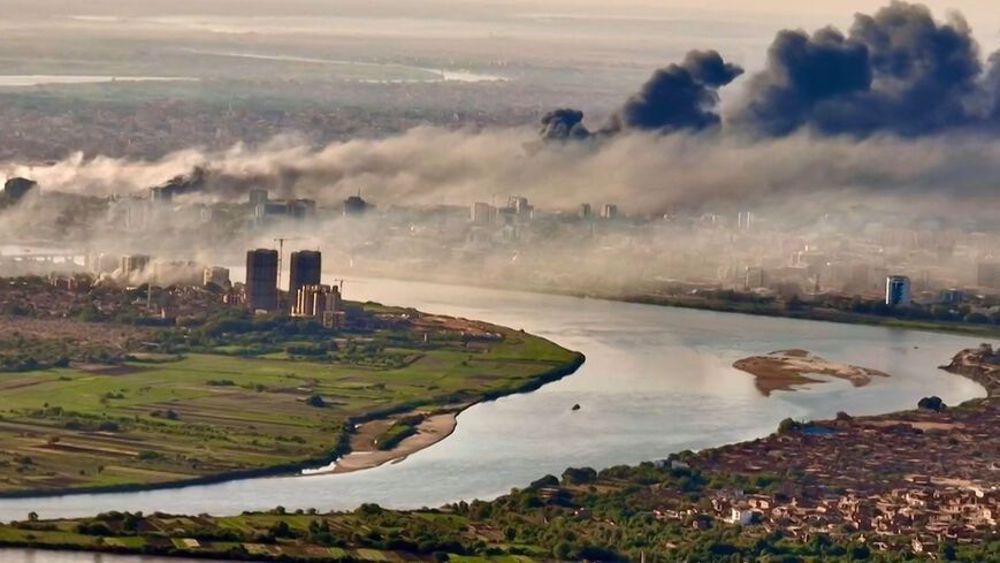
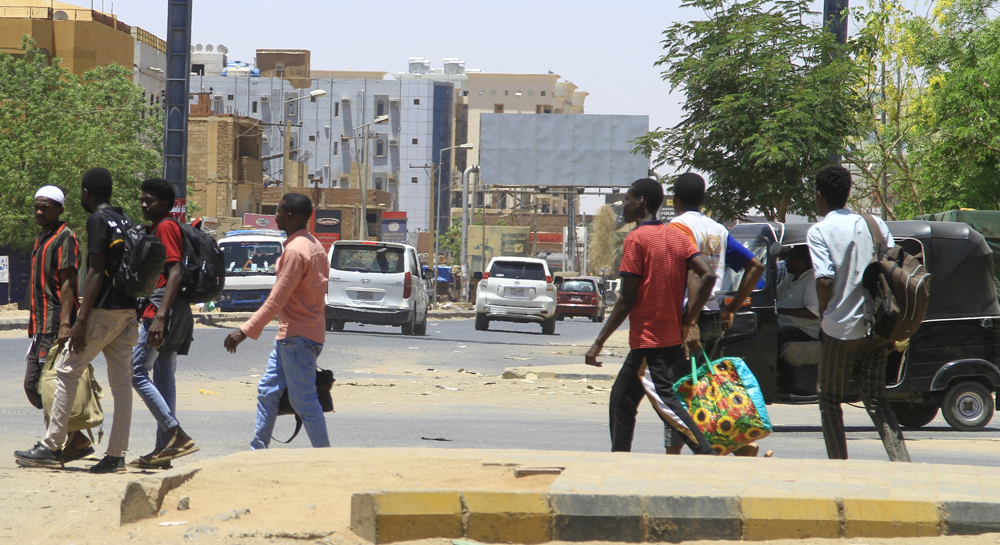
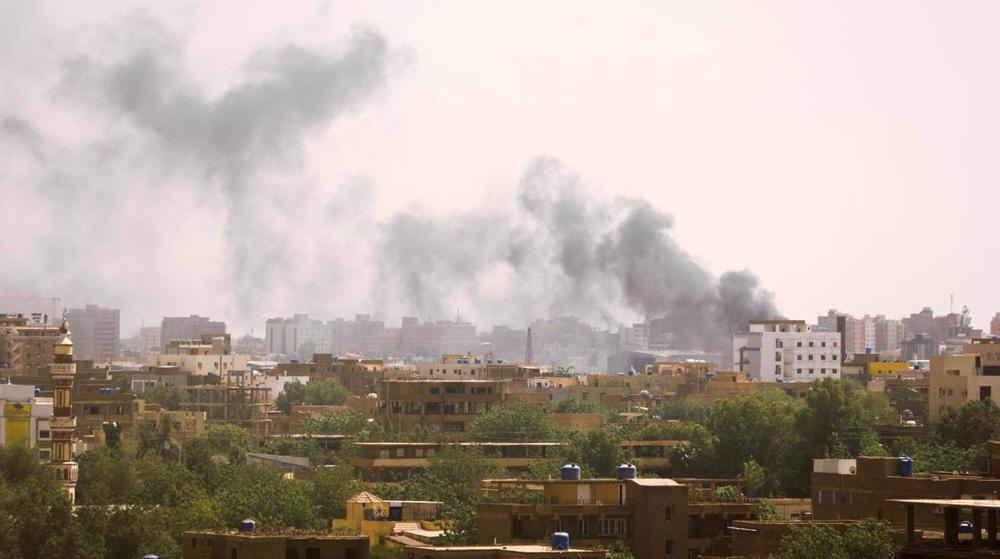
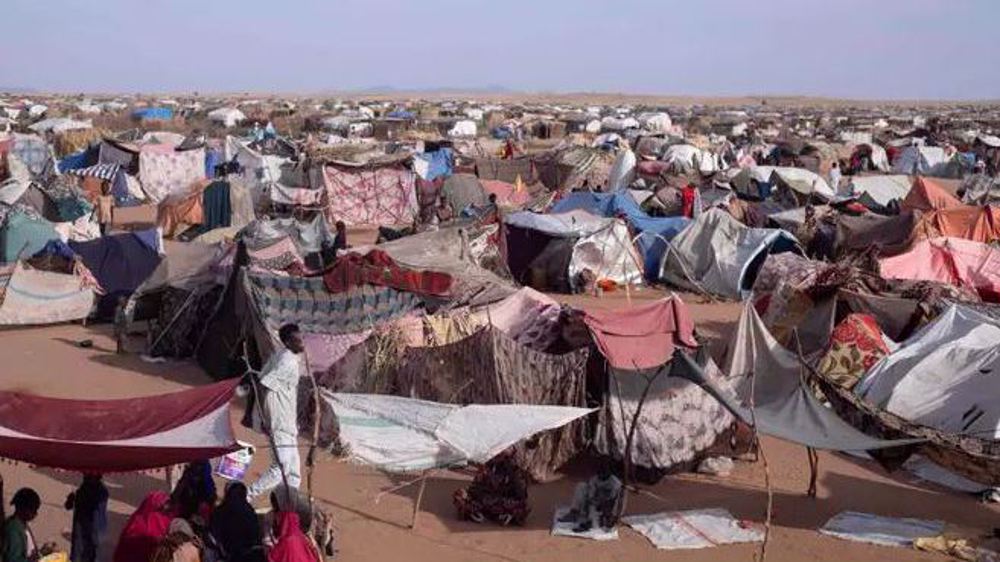
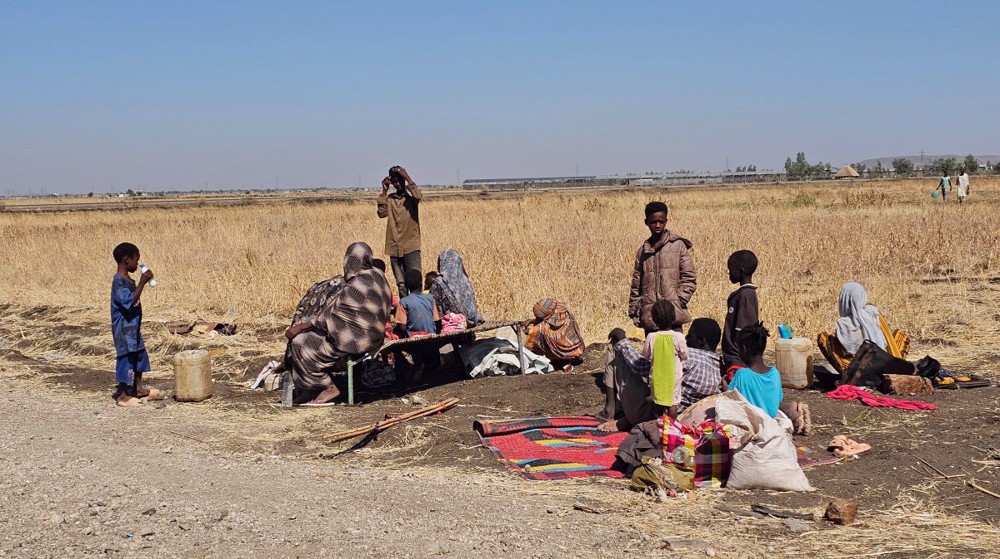
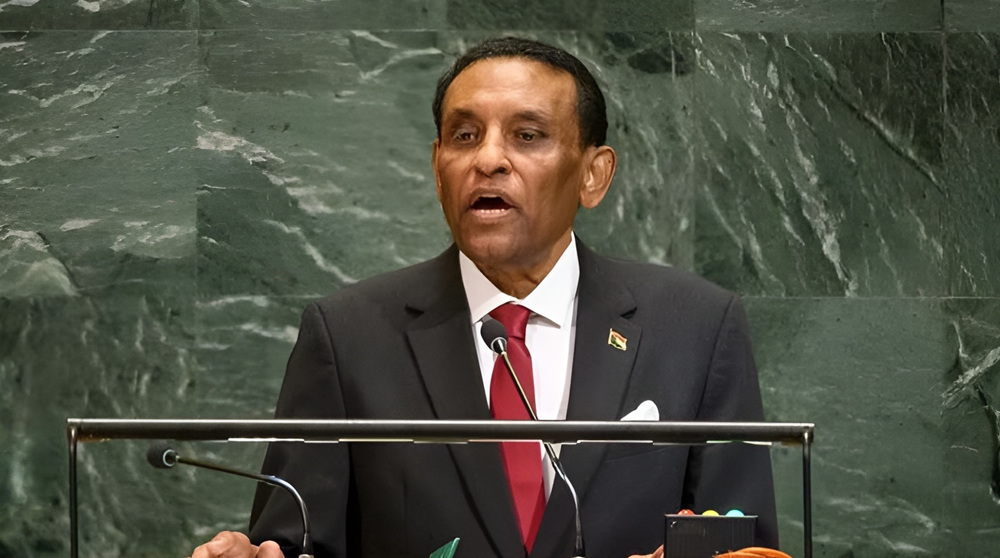



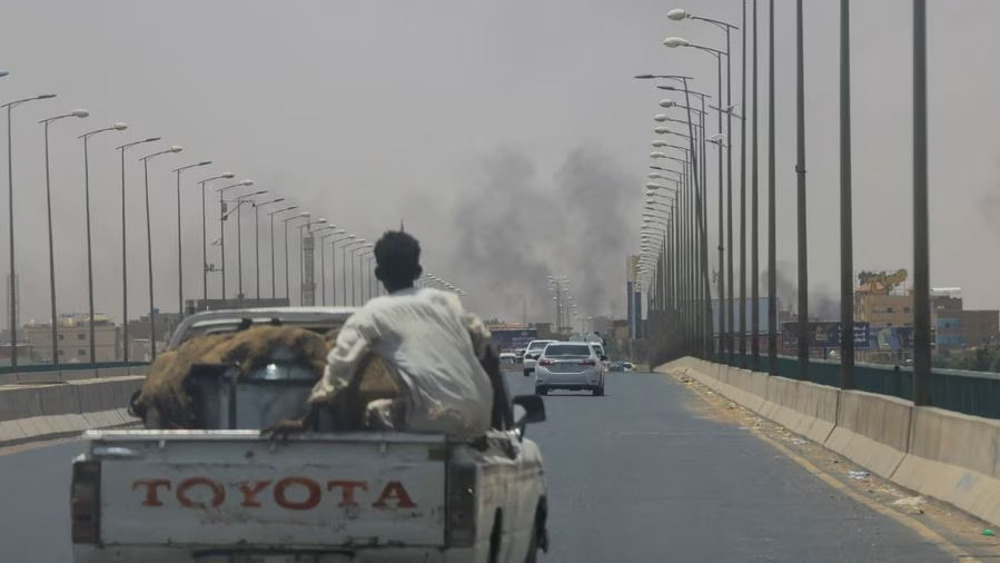
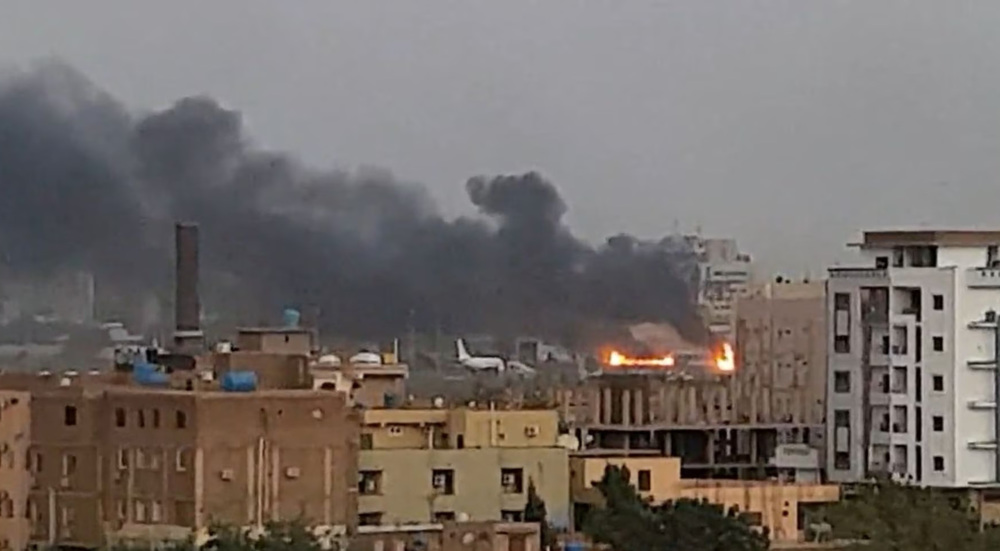
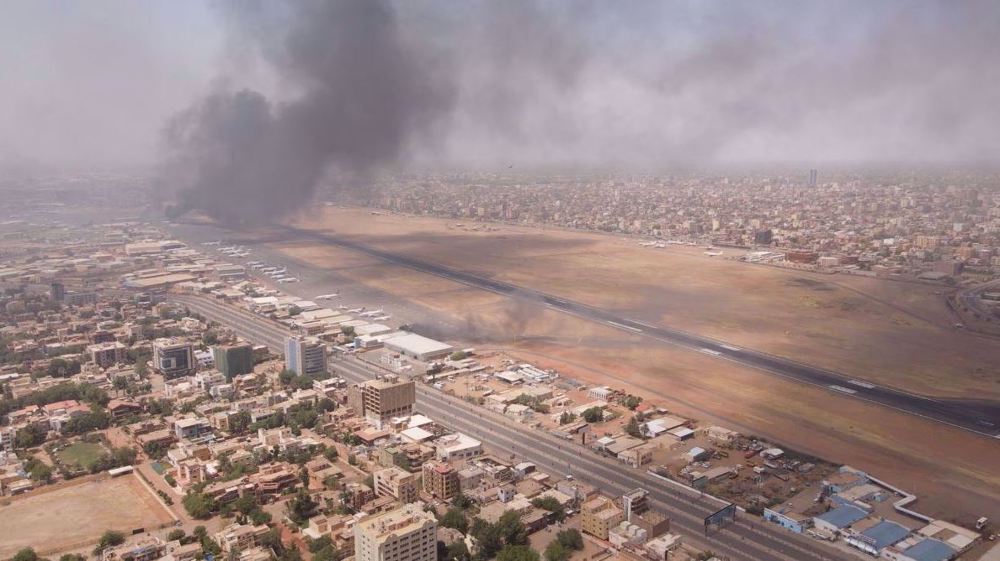
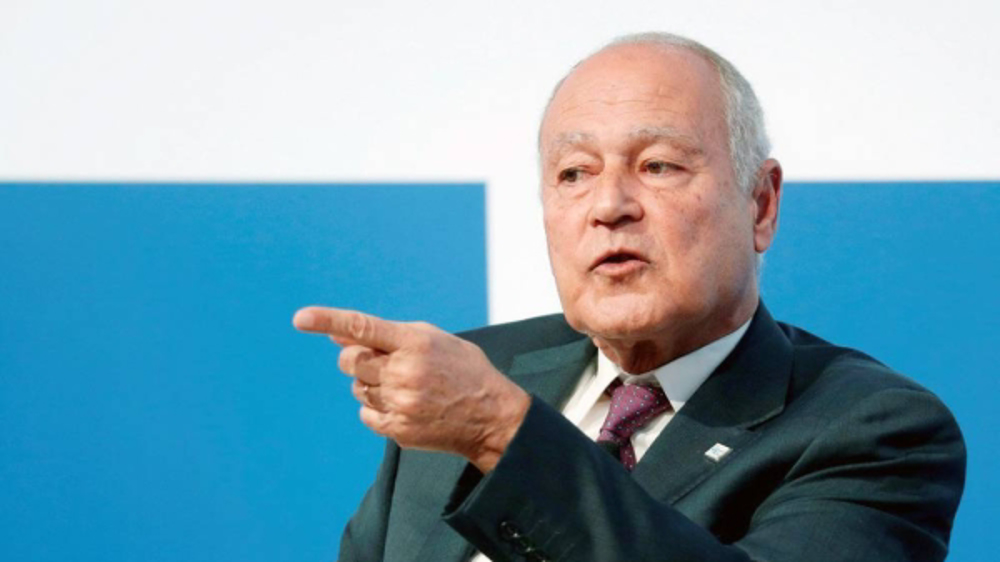
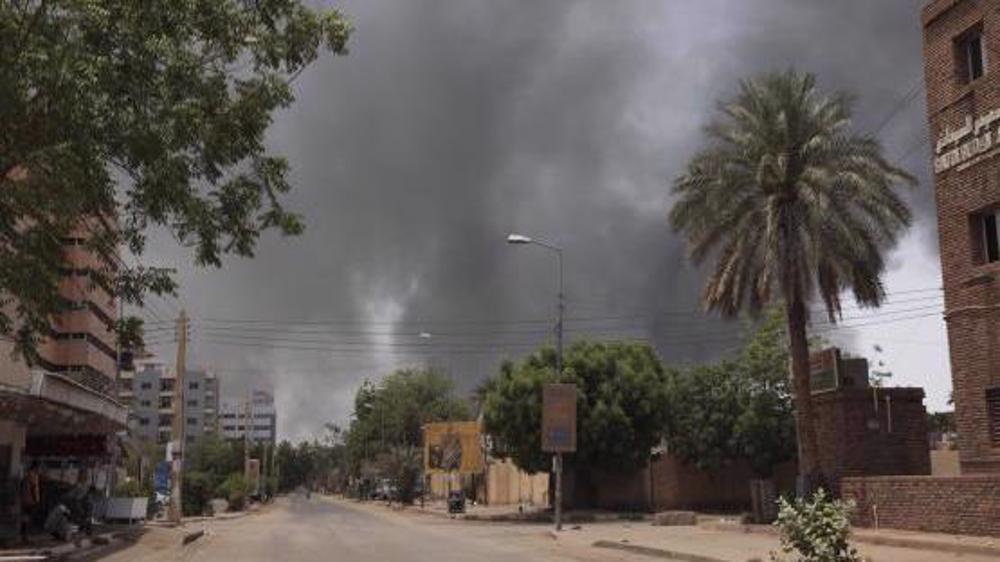

 This makes it easy to access the Press TV website
This makes it easy to access the Press TV website